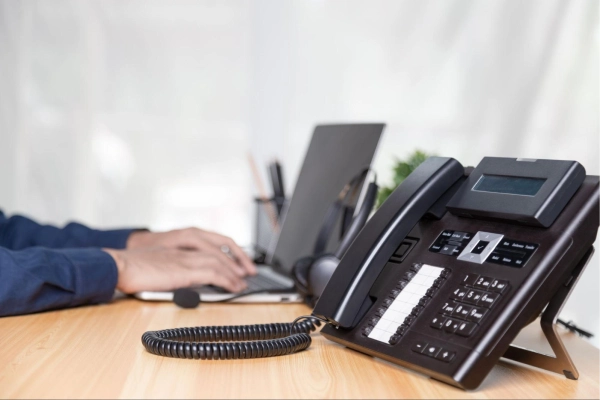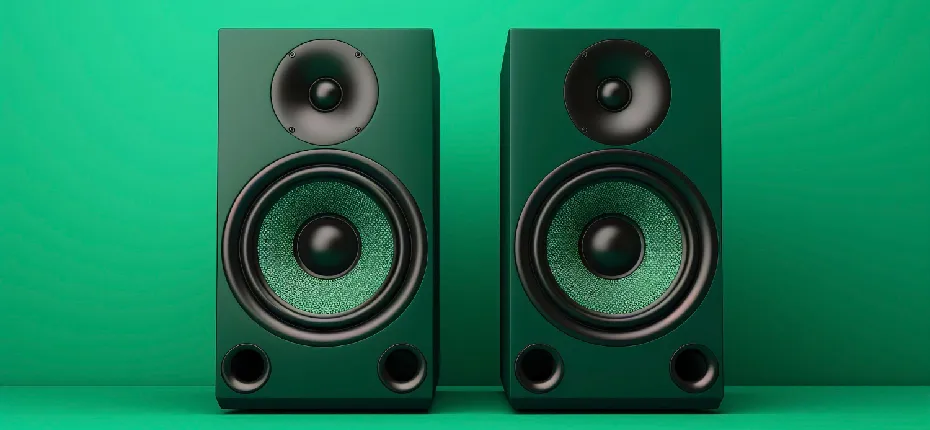9 Solution Steps to Install a CCTV Camera at Home
Home security isn’t just a luxury anymore. It’s something you need. With cities growing fast and different types of neighborhoods, homeowners want to feel safe knowing their families and homes are protected. Setting up CCTV cameras has become one of the best ways to do this. This guide shows you nine simple steps to install your own system at home. We’ll also explain where professional CCTV installation services in Dubai can make things easier and more reliable.

Why Installing CCTV Cameras at Home is Important in Dubai
Setting up security cameras at home in Dubai is more than just safety. It brings peace of mind. With growing city growth and busy lives, homeowners deal with dangers like theft, damage, and unwanted visitors. Security cameras work as a strong warning, stopping bad behavior before it starts. Besides stopping crime, cameras watch your home all day and night, letting you check from far away while traveling or working.
The UAE rules and regulations allow residential surveillance for private use, but it’s strict about filming public streets or neighbors’ property. Always angle cameras toward your own entrances and yard. For more clarity and a smooth start, it helps to talk to pros who handle CCTV Installation Services in Dubai
Learn more about how to choose best CCTV Camera Brands in Dubai
9 Actionable Steps to Install CCTV Cameras at Home
Step 1: Assess Your Security Needs
Walk around your home and note all of the locations where someone could attempt to get in. Check doors, windows, garages, and places in your yard where someone’s presence can’t be easily seen. Small houses need fewer cameras than big houses. Large houses may need more than eight cameras to cover all areas.
Step 2: Choose the Right CCTV System
Different types work better for different homes:
Wired Cameras: Work well and don’t fail often, but you need someone to run cables through your walls.
Wireless Cameras: Easier to set up, perfect for apartments.
IP Cameras: Give you clearer pictures and let you watch from far away.
For recording videos, you can choose between DVR and NVR systems. DVRs work with old-style cameras, while NVRs work with new IP cameras that give better picture quality. The Best Security Cameras in Dubai usually use IP technology for the sharpest pictures.
Step 3: Plan Optimal Camera Placement
Put cameras where people enter your home, in main living areas, and in hidden corners. Mount them at least 8-10 feet high so people can’t reach them and so they can see clearly. Don’t point them directly at the sun because this makes the picture too bright to see anything.
Step 4: Gather Required Tools and Equipment
Here’s what you’ll need:
Cameras, a screen to watch them, and a recorder
Wires, connectors, and power cords
A drill, screwdriver, and clips to hold wires
Extra items you might want: network switch, power injector, backup battery
Step 5: Mount the Cameras Securely
Use waterproof covers for cameras that go outside. Make sure the brackets that hold them are tight so the picture doesn’t shake. In areas where dust storms or rain happen often, good seals will help your cameras last longer.
Step 6: Run the Cabling or Configure the Wireless Setup
Hide wires inside walls, ceilings, or safety tubes so they don’t get broken. For wireless systems, check if other things might mess with the signal. If the signal is weak in some places, add Wi-Fi boosters to make it stronger.
Step 7: Set Up and Connect the Recording Device
Put your recorder in a safe, cool place away from water. Choose how to store videos – either on a big hard drive in your home or online in the cloud. Cloud storage costs more money, but keeps your videos safe even if someone steals your recorder.
Step 8: Power Up and Test the System
Plug everything in and start the system. Check that you can see live video from each camera and change the angles if needed. Connect everything to a backup battery so your cameras keep working when the power cuts off.
Step 9: Configure Remote Monitoring on Mobile Devices
Most new cameras and recorders come with phone apps. Download the real app, connect it to your system, and set up alerts. Turn on movement detection, phone messages, and let family members use it too. This way, you can check on your home even when you’re away.
Benefits of Installing CCTV Cameras at Home
Setting up security cameras at home gives you peace of mind and extra safety. Here are the main good things about having cameras:
- Crime Deterrence: Visible cameras discourage trespassers.
- Real-Time Monitoring: Check live feeds anytime, anywhere.
- Smart Integration: Many systems now connect with Alexa, Google Home, or other automation tools.
- Property Value: A house with good security often attracts more buyers or renters.
To see the newest models, check out the top security cameras in Dubai from trusted stores.
CCTV Camera Maintenance Checklist
- Clean camera lenses every month so you get clear video
- Check wires for damage and replace broken ones
- Update software to fix security problems
- Test night vision and motion alerts regularly to make sure they work
Troubleshooting Common CCTV Issues
- No Picture: Check wire connections or Wi-Fi strength.
- Blurry Video: Clean the lens and adjust the focus.
- App Problems: Delete and reinstall the app or restart the device.
If problems continue, call expert repair people instead of trying to fix it yourself and possibly making it worse.
Should You Install CCTV Yourself or Hire a Pro?
Installing it yourself saves money and lets you control everything, but it also has risks. You might put cameras in the wrong places, leave wires showing, or have the system break down. Professional installers like ZasTech offer complete packages. They make sure everything follows local rules, put cameras in the best spots, and help you when something goes wrong. For complete peace of mind, book a meeting with CCTV Installation Services in Dubai.
FAQs About Home CCTV Camera Installation
Can I monitor CCTV remotely without internet?
You can watch cameras locally without internet, but you need a good internet connection to watch from far away. Some systems can use cell phone networks in areas where regular internet isn’t available.
What’s the ideal number of cameras for a villa?
Most big houses need 8-12 cameras to cover all doors, main areas, and outside boundaries. Larger properties might need more cameras to see everything properly.
Is it legal to record street views in Dubai?
No, cameras must only watch your own property. Recording public streets or your neighbor’s property breaks privacy laws and can get you in trouble.
Do I need cloud storage for my home camera?
Cloud storage protects important videos as backup, but you don’t have to have it. Storing videos locally with occasional cloud backup saves money for most homeowners.






